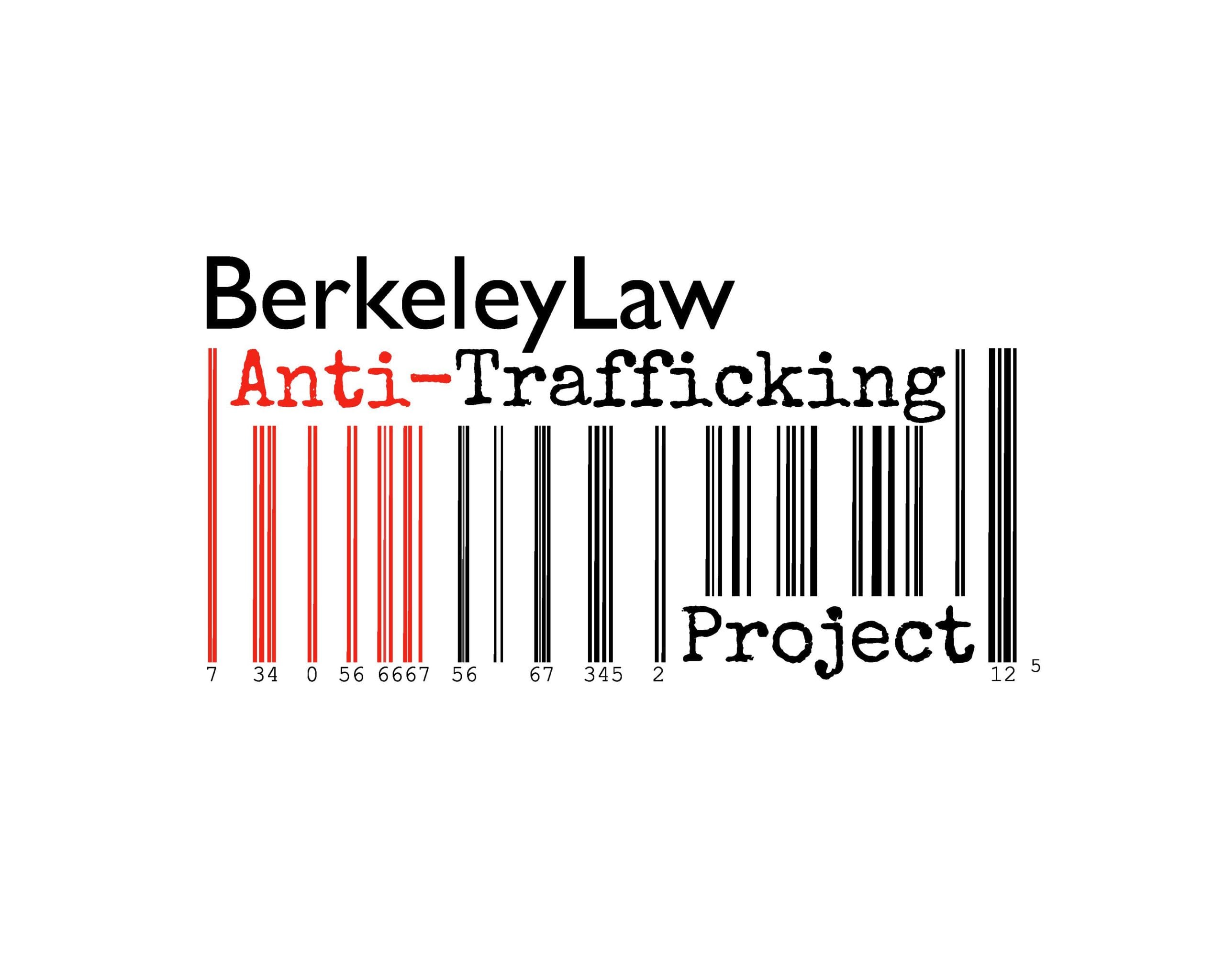
The Berkeley Law Anti-Trafficking Project (BATPro) participates in the ongoing fight against human trafficking in primarily two ways. The two ways are unique and attack different aspects of the problem but both ways incorporate legal skills. The first is research and writing for the Immigrant Legal Resource Center. The second is community outreach and education programs. While projects for the 2024 Fall semester are still being finalized, examples of projects completed in Fall 2023 are listed below:
- Practice advisory on new asylum ban and survivors. This project explored the effect of the May 11, 2023 “Lawful Pathways Rule,” also known as the Biden administration’s asylum ban on survivors of trafficking. The practice advisory explored the effect of the ban on survivors who are seeking asylum, and how the exception to the ban for survivors of trafficking can be met at the initial credible fear stage as well as the merits hearing.
- Community alerts on recent U, T, S visa amendments. This project explored Bill AB 1261, which was pending before the California legislature at the time of the project’s completion. As proposed, the bill would strengthen existing U visa and T visa protection by increasing access to certifications for these two forms of the release. The community-facing resource outlined the changes the bill would bring for affected community members.
Supervision: Students in BATPro provide legal services under the supervision of attorneys at Immigrant Legal Resource Center.
Time Commitment: Time commitment, including training, varies by project assignments and team capacity. Some projects may only require approximately 10-15 hours per semester, while others may require 20-25 hours per semester. Flexibility exists in assigning projects, and if someone expresses an interest in a lower time commitment, we can accommodate them.
For more information, please contact the student leaders at BATPro@law.berkeley.edu.